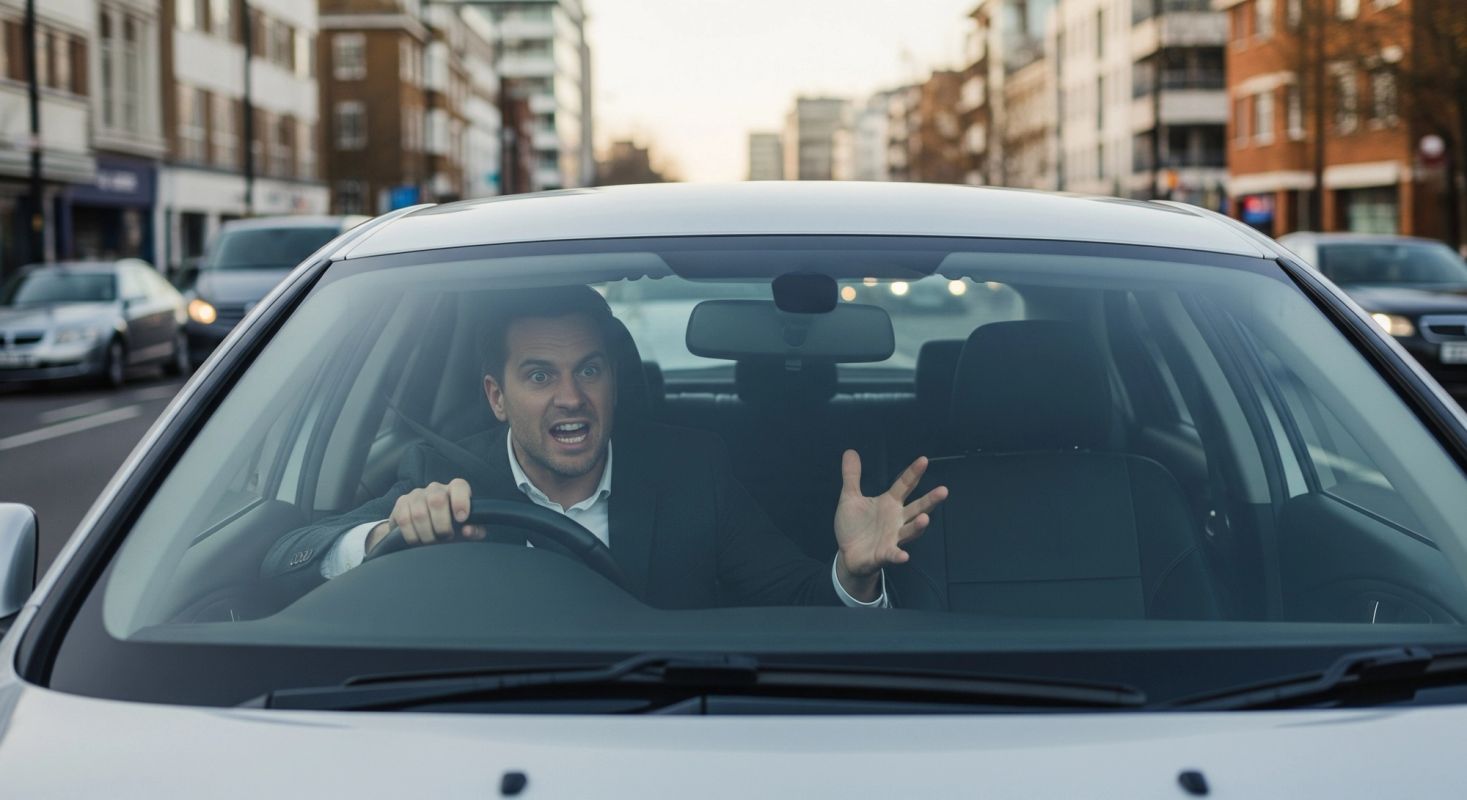Tolerance at the Wheel
Keep your cool in the face of road rage
The Most Difficult Skill to Learn
A truly growing driving trend is the lack of tolerance for one’s fellow road users. Daily we witness so-called ‘road rage’, where one driver cannot accept the actions of another.
It makes no difference that the one may have done exactly the same thing himself a short while previously. Unfortunately, two unyielding drivers wanting the same bit of road space can lead to a ‘forced’ crash, an assault or even serious injury.
For someone to be injured due to a disrupted mindset is a tragedy and stupidity in the extreme. It is a sad state of affairs when some of us can tolerate so much less from our fellow road users when we are driving a vehicle, than should we be face-to-face.
Lack of forgiveness is very much a fundamental attitudinal trait that can easily be inflamed by a bad state of mind. An intolerant driver is usually always relatively unforgiving of fellow motorists and it is only the degree of intolerance that varies on a day-to-day basis.
It resembles a hand grenade, where the driver loses their cool and the pin is pulled - a full-blown confrontation on the road develops.
Be the peacemaker
As I always say, “You never know who you are dealing with” so be the peacemaker and inject the safety mindset into the equation should this happen to you.
Utilising emotional stability is what an expert does in such situations. As with any attitudinal and behavioural disorders, it will take a lot of effort and time for that person to learn to be more tolerant to the mistakes of others.
If such a person trusts their intelligence and uses self-reflection, they may eventually understand the value of co-operation and friendliness on which they are presently losing out. But this aspect is the part that drivers have to do themselves.
“Backing down from confrontations on the road is NOT the sign of a coward – it’s called the Love of Life.”
Emotional triggers
A profound experience, such as a serious incident, sometimes triggers the yearning to do better and control themselves behind the wheel, but all it really takes is for the person to really want to amend their ways. Nothing need then lie between themselves and success, when changing their unforgiving mental and behavioural approach.
A master driver will have developed greater tolerance by becoming aware of their attitudes and emotional stability to other drivers and by constantly addressing and assessing the effect of their driving on other road users.
An intolerant driver needs to follow this identical route, knowing only that the journey will be harder and longer, but that the reward in terms of personal fulfilment, will be that much greater and worth the effort and dedication applied to this goal.
Differing behaviours
Some drivers are timid and indecisive. Others are aggressive and rude with zero tolerance levels. Thankfully, most are level-headed and somewhere in between.
When you have to deal with a timid driver there is no point in getting irritated by their lack of decisiveness. A good driver with a healthy and tolerant attitude simply understands that the proper answer is to be patient and let the timid driver sort themselves out and go through their driving actions at their own pace.Issue resolved without stress or any confrontational aspects.
A master of tolerance?
This is what being a ‘master of tolerance’ is all about as getting frustrated with other road users leans towards retaliation, hostility and untold potential ramifications.
Allow such drivers plenty of room and reduce any pressure they may feel from close traffic and this also increases your safety margins should they do something unexpected.
Aggressive drivers are best dealt with by means that are likely to calm them down, rather than inflaming the situation. So retaliatory performances are a complete and utter ‘no go’ as this makes matters worse and could mean more aggression coming your way.
Emotional stability
A great driver has sufficient mental control (emotional stability) to ignore the aggression and react positively but politely. In this way the situation can be defused and safety is maintained.
For example; if someone insists on cutting in front of you as you approach a traffic queue, then you achieve nothing by trying to block them out and you may receive abuse and rude gestures, or worse. Just allow them space to do what they want to do, as they are going to do it anyway! In a way, you are much more in control that way and any aggression is significantly diminished.
You cannot change the way people are from your driving seat – but you can maintain safety levels. Stay calm and stay alive!
August 2024
« Back to Blog

